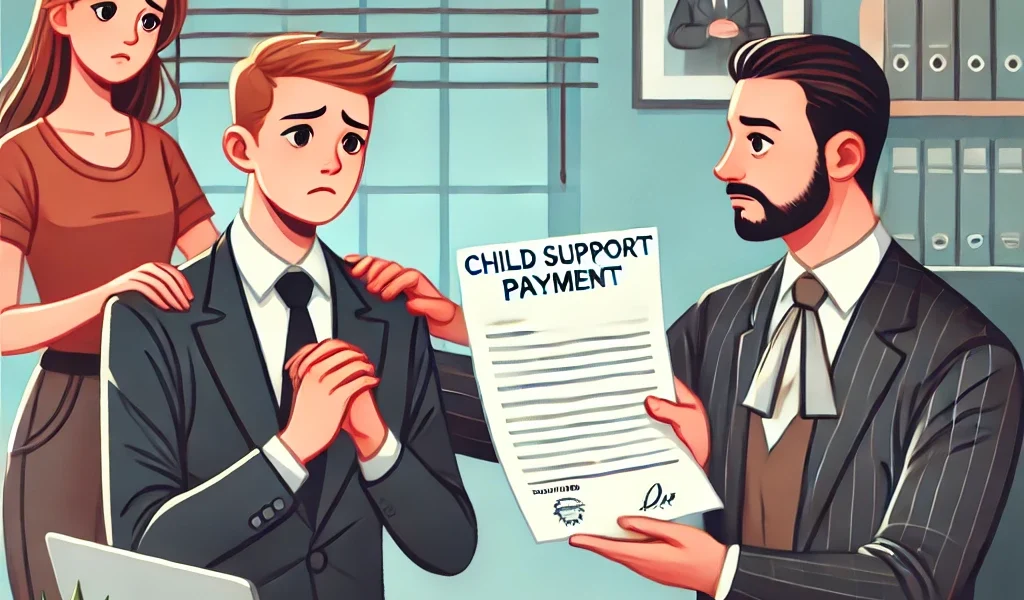Introduction
Child support laws ensure that both parents contribute financially to their child’s upbringing, even after a divorce or separation. The purpose of these laws is to protect the best interests of the child by ensuring they receive adequate financial support. However, understanding how payments are calculated and enforced can be complex. This guide will explain child support calculations, legal requirements, and enforcement methods.
How Child Support is Calculated
1. Income-Based Model
Most jurisdictions determine child support based on the income of both parents. The calculation considers factors such as:
- Gross income of each parent
- Number of children requiring support
- Custody arrangements (sole or joint custody)
- Additional expenses (e.g., healthcare, education, daycare)
2. Percentage of Income Model
Some states use a percentage model where a non-custodial parent pays a fixed percentage of their income. The percentage may increase based on the number of children.
For example:
- 1 child: 20% of income
- 2 children: 25% of income
- 3 children: 30% of income
3. Income Shares Model
In this model, both parents’ incomes are combined to estimate the total financial support needed. The responsibility is then divided proportionally based on each parent’s income level.
For instance, if the total required support is $2,000 per month and one parent earns 60% of the combined income, they will be responsible for paying 60% of that amount ($1,200).
4. Melson Formula
Used in some states, this formula takes into account the parents’ basic needs before determining child support obligations. It ensures both parents maintain a reasonable standard of living while providing for the child.
5. Adjustments for Special Circumstances
Certain factors can impact child support calculations, including:
- High medical expenses for the child
- Special educational needs
- Parental obligations to other children from different relationships
- Unemployment or significant income fluctuations
Enforcement of Child Support Payments
Even with a formal child support order in place, non-payment is a common issue. Governments use various enforcement mechanisms to ensure compliance.
1. Income Withholding
Employers may be required to deduct child support payments directly from a parent’s wages and send them to the appropriate agency.
2. Tax Refund Interception
If a parent falls behind on payments, their federal and state tax refunds can be intercepted to cover overdue child support.
3. License Suspension
Parents who fail to make payments may have their driver’s licenses, professional licenses, or even hunting and fishing licenses suspended.
4. Bank Account Garnishment
Courts can order bank accounts to be garnished to recover past-due payments.
5. Property Liens
Liens may be placed on homes, vehicles, or other assets, preventing the sale or transfer of property until child support is paid.
6. Credit Reporting
Non-payment of child support can be reported to credit agencies, negatively impacting credit scores.
7. Passport Restrictions
Parents with significant unpaid child support may be denied passport issuance or renewal.
8. Legal Penalties and Jail Time
In extreme cases, a court may issue a contempt order, leading to fines or even imprisonment for willful non-payment.
Modifications to Child Support Orders
Circumstances change over time, and child support orders may need modifications. Either parent can request a review of the support order if:
- Their financial situation has significantly changed (e.g., job loss, salary increase, disability)
- The child’s needs have increased due to health or education costs
- Custody arrangements have changed
Courts typically require proof of these changes before modifying an existing order.
Conclusion
Child support laws are designed to ensure that children receive financial support from both parents. Calculations vary depending on state laws, income levels, and custody arrangements. Enforcement measures ensure compliance, while modification options allow flexibility for changing circumstances.
For parents navigating child support issues, consulting a family law attorney can help ensure compliance with legal requirements and protect both parental and child rights. Understanding these laws is crucial for making informed decisions and securing a stable future for the child.




